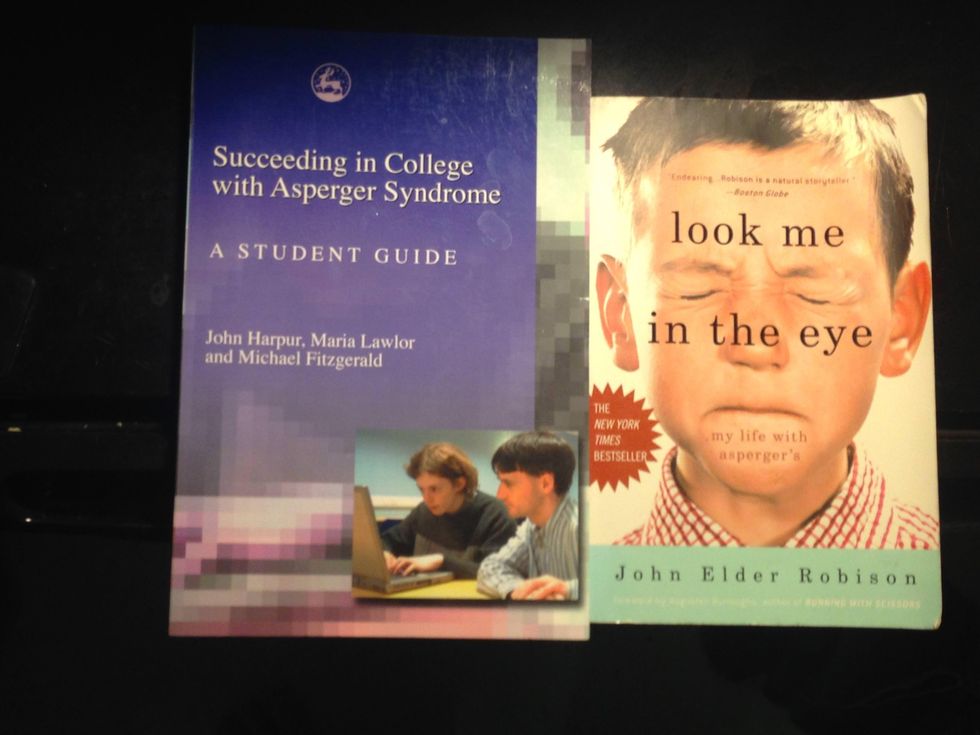It was now and then growing up that I’d be told casually that people thought I was autistic. I was weird, yes, without doubt. I had grown used to isolation after spending six years in an elementary school whose dominant language was not English. I was half Filipino, but only half. I had the psychological scars of abuse. I had plenty of reason to be different from my peers.
But even so, those couldn’t account for everything. I vaguely became aware of the notion of being on the autism spectrum. Didn’t quite explain why I could never fully immerse myself in a group, nor did it how I was obsessed with Star Wars beyond reason when I was in fourth grade onward, but into high school, I began to think that maybe it was onto something.
I would read on the internet the testimonies of people who were on the spectrum. They often resonated with me. This is one from Reddit's /u/DwarfDrugar that particularly hit home.
"A friend of mine explained it to me like "Imagine you're meeting someone new and right out of the gate they dump "I got molested as a child so that's kind of like a duck in cold weather."
You'd have a fearful mix of "holy shit wtf do I say now?" but also "wait, what do they actually mean by that?".
And you get that feeling for almost every conversation, with everyone, forever.
I'm not jealous."
Reading people was always hard to me; this is what clued in my therapists in college that maybe there was something different about me. I was then given John Elder Robison’s Look Me In The Eye, his memoir about growing up “different,” and then wrangling with the realization that he, too, was on the spectrum.
That book hit me like a ton of bricks. Robison grew up in the sixties, but a lot of what he said resonated with me. He said that he got along better with machines than with people; I spent my childhood in the basement with a variety of different desktop computers over the years, and I could resonate with that statement, even if it means something completely different fifty years later. I could empathize with the feeling of being totally, utterly different, so much it drove me to tears. And when it didn’t make me cry, it made me laugh like all hell, such as the time when the author, in middle school, ordered a sex doll for a teacher he disliked, and then for good measure had the local quarry dump a pile of gravel in said teacher’s yard.
It was a while later that I learned that Robison himself was a professor at my college; he’s the faculty coordinator for our neurodiversity student organization. I was told this by a friend on the Quizbowl team and as such, I asked to meet with him. Robison and I met in an otherwise empty meeting room in our big science building, a room metaphorically cordoned off from much of campus. I was scared to meet him; I had to build up the courage to enter the room and begin a conversation. It went well; I’m not sure I should publicize what was said but he was a very interesting man with whose experience I empathized.
All in all, I’m still struggling with it. I can’t imagine I said much in this article that hasn’t been said better a million times but nevertheless, I felt for some reason it ought to be written. If adding my voice to the chorus of people on the spectrum telling their stories, maybe some good will come of it.
















